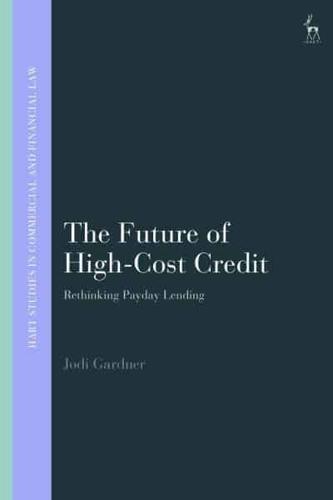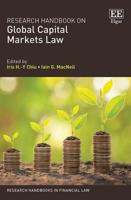Publisher's Synopsis
This book proposes a new way of thinking about the controversial and complex challenges associated with the regulation of high-cost credit, specifically payday lending. These products have received significant attention in both the media and political arena. The inadequacy of regulatory interventions has created ongoing problems with the provision of high-cost credit, particularly for consumers with lesser bargaining power and who are already financially vulnerable. The book tackles two specific gaps in the existing literature. The first involves inadequate analysis of the relevant philosophical concepts around high-cost credit, which can result in an over-simplification of what are particularly complex issues. The second is a lack of engagement in both the market and lived experience of borrowers, resulting in limited understanding of those who use these financial products. The Future of High-Cost Credit explores the theoretical grounding, policy initiatives and interdisciplinary perspectives associated with high-cost credit, making a novel and insightful contribution to the existing literature. The problems with debt extend far beyond the legal sphere, and the book will therefore be of interest to many other academic disciplines, as well as for those working in public policy and 'the third sector'.









